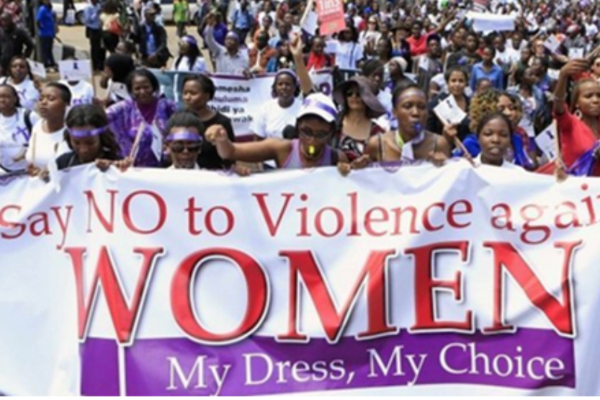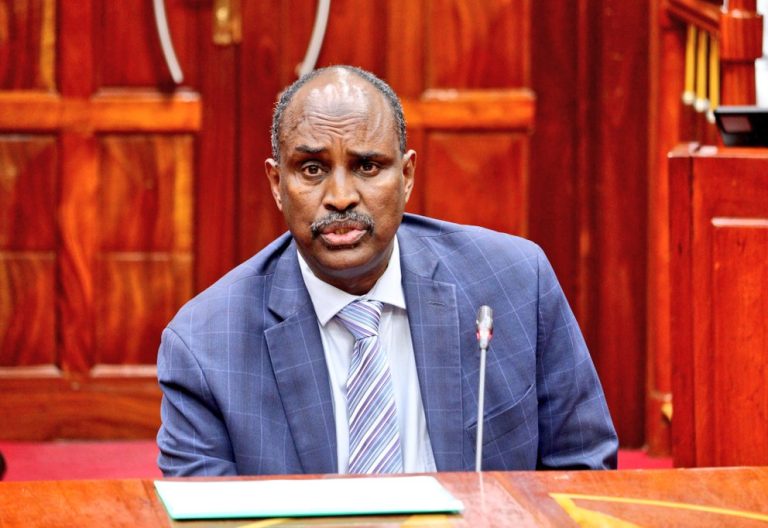Civil groups decry rising cases of gender violence

Civil society organisations in Kisumu and Kisii counties have called on the government to rigorously implement policies meant to address cases of gender violence.
The lobby groups, under the umbrella Civil Society Organisations (CSO), are concerned that lack of proper enforcement of gender-responsive regulations is slowing down efforts to fight the escalating violations against women, girls and children.
The leader of the CSO network, Betty Okero, says lack of goodwill from government agencies in mainstreaming and implementing GBV laws is to blame for the rising cases against vulnerable groups.
Okero says county and national governments have failed to put in place appropriate infrastructure and resources to combat GBV. “We have the specific laws needed to deal with gender-based violations. What is lacking is how to implement the laws and hold people to account,” she said.
Consequently, she added, it was crucial to focus on implementation of policies that protect women and girls, as well as strengthen institutions that handle the emerging GBV issues.
Amendment of Act
Okero called for a review of the judicial system to fast-track GBV cases and enhance access to justice for victims. At the same time, she called for amendment of the Sexual Offences Act to make it more responsive to the social needs of victims.
Okero observed that the current Act has many loopholes in access to justice as it mainly focuses on conviction, leaving out the social impact of the offences. “We need regulations that go beyond conviction, but are also cognizant of the impact victims of sexual violations go through,” she said.
Elly Opondo, the programme director of Champion of Peace, said the complexity of Kenya’s judicial system is derailing access to justice for GBV victims. Opondo said the majority of GBV cases take long in court before the victims can get legal redress.
This discourages some victims, particularly those from disadvantaged families, from seeking justice. Similarly, perpetrators of such cases sometimes collude with families of the victims from poor background to derail the cases, Opondo said.
“Our legal system is very complex. If you don’t have a skillful lawyer, you will not maneuver through it. On certain occasions, perpetrators profile the victims, based on their financial strength,” said Opondo.
The officials spoke at the launch of 16 days of activism against GBV at Store Pamba in Nyakach sub-county at the weekend.
In Kisii, the Kisii Endelevu Trust Initiative (Keti) has formulated a policy to fight the vice. The initiative’s board of trustees chairman, Dr John Nyambega, said they have allocated funds for chiefs and experts to train community members to uphold human rights. “We conducted research in the Wards and found shocking cases. That is why we developed the policy,” he said.
Rampant in the area
The official, flanked by programme boss Asha Moronya and secretary Justine Mabeya, spoke at Kamel Park Hotel yesterday during the group’s annual general meeting.
He said FGM and domestic violence were rampant in the area. “Women and girls are most affected by retrogressive cultures. I urge clan elders and chiefs to arrest the perpetrators to face the law,” he said, stressing that rape, defilement and FGM violated the rights of women and girls.
He added that the rights of men and boys were also being violated and challenged all victims to report the perpetrators to face the law. Mabeya said the initiative, funded by the United States Agency for International Development (USAid), was seeking funds from other development partners to support community-based groups.
Moronya said 1,269 groups — including savings and credit co-operatives (Saccos) — have partnered with the initiative.








